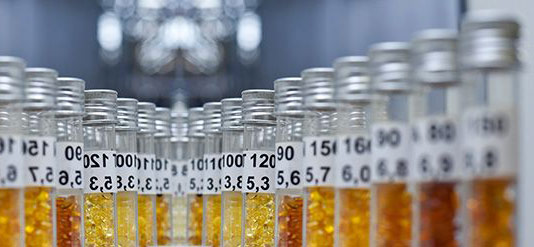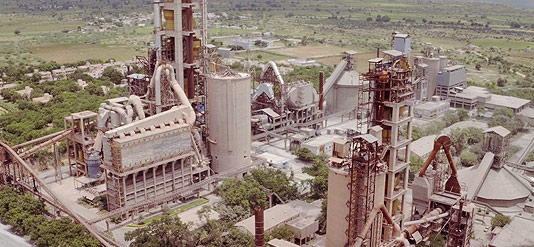Carbon
Overview
- Manufacturing facilities in 7 countries across 3 continents
- Production capacity of 2.4 million tons of calcined petroleum coke
- Production capacity of 4.0 million tons of cement
- Production capacity of 1.5 million tons of tar distillation
- Production capacity of 0.65 million tons of advanced materials
- Over 2,400 professionals
The carbon business converts the by-products of oil refining and steel production into high-value carbon-based products that are crucial for the manufacture of aluminum, graphite, carbon black, and titanium dioxide. The company’s product range includes CPC, CTP and many other derivatives of coal tar distillation.
Environment-friendly and energy-efficient practices have made RAIN’s carbon business highly profitable and sustainable. The carbon business co-generates energy at six calcined petroleum coke plants with a combined power-generation capacity of approximately 135 MW. The company has made substantial environmentally friendly investments in flue-gas desulfurization plants at its plants in India and in the United States.
Calcined Petroleum Coke (CPC)
Green petroleum coke is generated by delayed distillation of coal during the conversion of crude oil into liquid fuels such as gasoline and jet fuels. Calcined petroleum coke is produced from green petroleum coke through a process known as ‘calcining’, which removes moisture and volatile matter from green petroleum coke at a very high temperature. CPC is crucial to the electrolytic production of aluminum.
RAIN manufactures and markets CPC through its wholly owned subsidiary companies in India and in the United States.
The details of calcining facilities at various locations are given below:
| Facility | Description |
|---|---|
| Visakhapatnam, Andhra Pradesh, India |
|
| Lake Charles, Louisiana, USA |
|
| Robinson, Illinois, USA |
|
| Chalmette, Louisiana, USA |
|
| Gramercy, Louisiana, USA |
|
| Norco, Louisiana, USA |
|
| Purvis, Mississippi, USA |
|
Coal Tar Pitch (CTP)
Coal tar is a liquid by-product derived from the conversion of coal into metallurgical coke. Metallurgical coke is used as an important reducing agent and energy source in blast furnaces to produce iron. Coal tar pitch, distilled from coal tar, is used as a binder for aluminum industry carbon anodes, graphite electrodes, specialty graphite and refractory materials.
RAIN, through its wholly-owned subsidiaries, operates four coal tar distillation facilities in Belgium, Canada and Germany. A distillation plant in Cherepovets, Russia, is operated through a joint venture with PAO Severstal.
| Facility | Description |
|---|---|
| Castrop - Rauxel, Germany |
|
| Zelzate, Belgium |
|
| Hamilton, Canada |
|
| Cherepovets, Russia |
|
-

Advanced Materials
Rain Industries is a global leader and innovator in the production of resins and modifiers, aromatic chemicals, superplasticizers and other specialty chemical products
-

Cement
Rain Cements is a leading manufacturer of cement in South India and operates production facilities with a combined production capacity of 4.0 million tons per annum